Five common mistakes people make whilst following a low carb diet
By Margaret Jasinska, Naturopath
Low carbohydrate diets are very effective for weight loss and we have been using them in our clinics for many years. They help our patients to shed kilos relatively easily and effectively. They are also a very effective remedy for improving digestion, improving sleep quality and increasing a person’s energy level.
All of those benefits can be achieved with a lower carbohydrate, higher protein diet if you follow the diet correctly. Unfortunately a lot of people think they are following the diet properly, when it fact they aren’t.
If you are feeling hungry or tired, feeling constipated or you’re not losing weight, you are probably not following the diet correctly. A low carb diet is supposed to make you feel satisfied and energised. If not, something is definitely wrong. Over the years I have seen where my patients tend to go wrong.
Here are the 5 most common mistakes I see my patients making when trying to stick to a low carb diet:
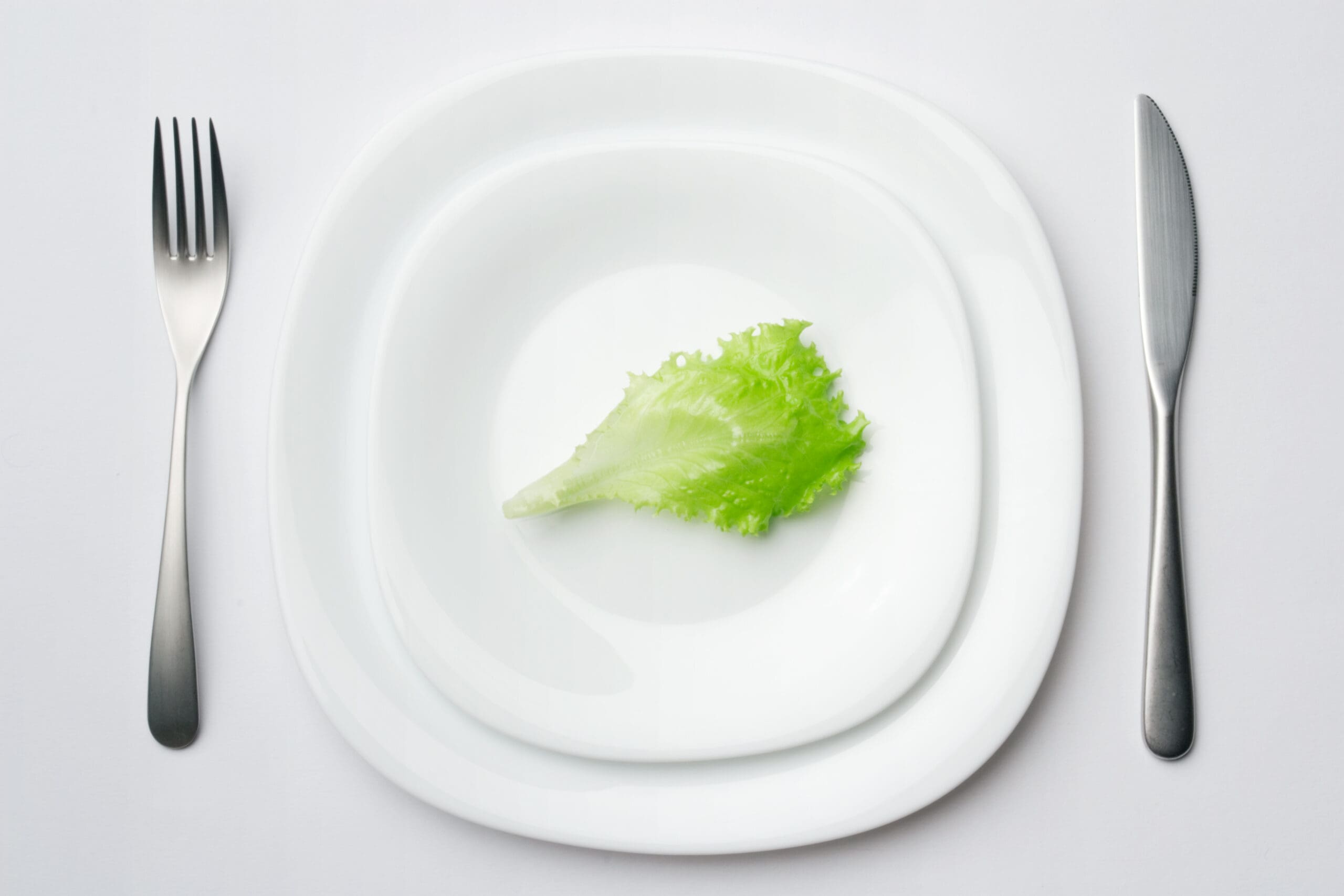
Consuming too little protein
This is the type of person who eats one egg for breakfast, or a tiny 95 gram tin of tuna for lunch. By 3pm they are absolutely starving and fantasising about biscuits, cake and chocolate. This type of diet provides too little protein and too little food in general.
If you choose to eat eggs for breakfast, please have two or three eggs and have some vegetables with them; such as an omelette with mushrooms, tomato or spinach, or scrambled eggs along with some left over vegetables from last night’s dinner that you have reheated.
If you eat canned fish for lunch, please have the medium sized can (approximately 200 grams) along with a salad or cooked vegetables, with an oil dressing. If you eat meat or chicken, please have a palm sized portion. You need to eat enough food so that you are not hungry for at least two to three hours afterwards.
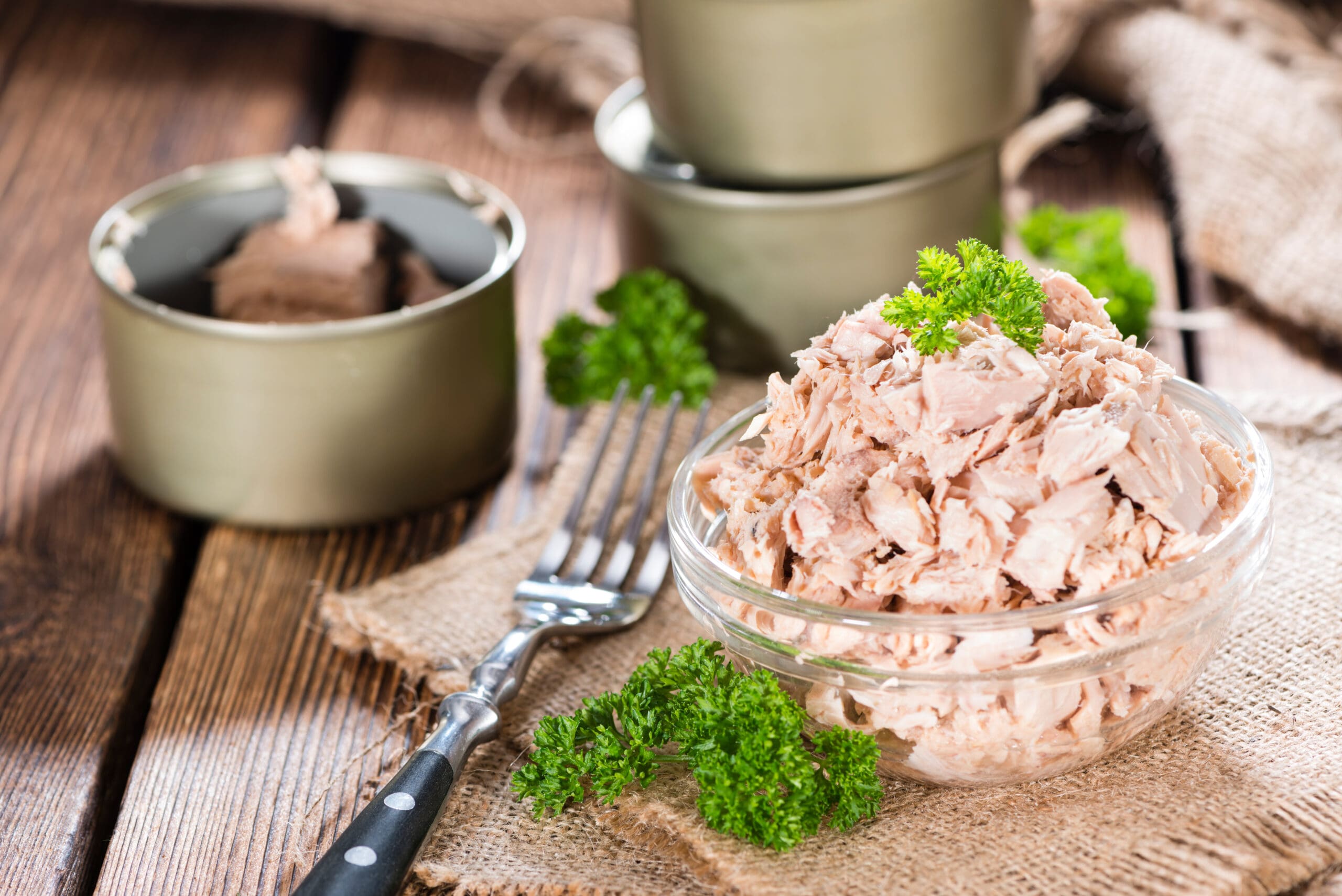
Consuming too much protein
These people generally focus on eating extremely lean types of protein, such as fat free chicken breast or tuna in spring water, and because these foods aren’t very filling, they eat a lot of them.
It is certainly important to consume adequate protein, but if you consume too much of it, your liver will turn the protein into glucose. That’s right, a process called gluconeogenesis in your liver will convert the amino acids in the protein you ate into glucose. That’s definitely not what you want on a low carb diet.
The purpose of following a low carb diet is to restrict your carbohydrate intake so that your body is forced to burn its fat stores, or use dietary fat for energy.
If you eat too much protein you can end up using glucose for energy. People in this category generally consume too much protein because they’re not eating enough fat; so they eat protein to fill themselves up.
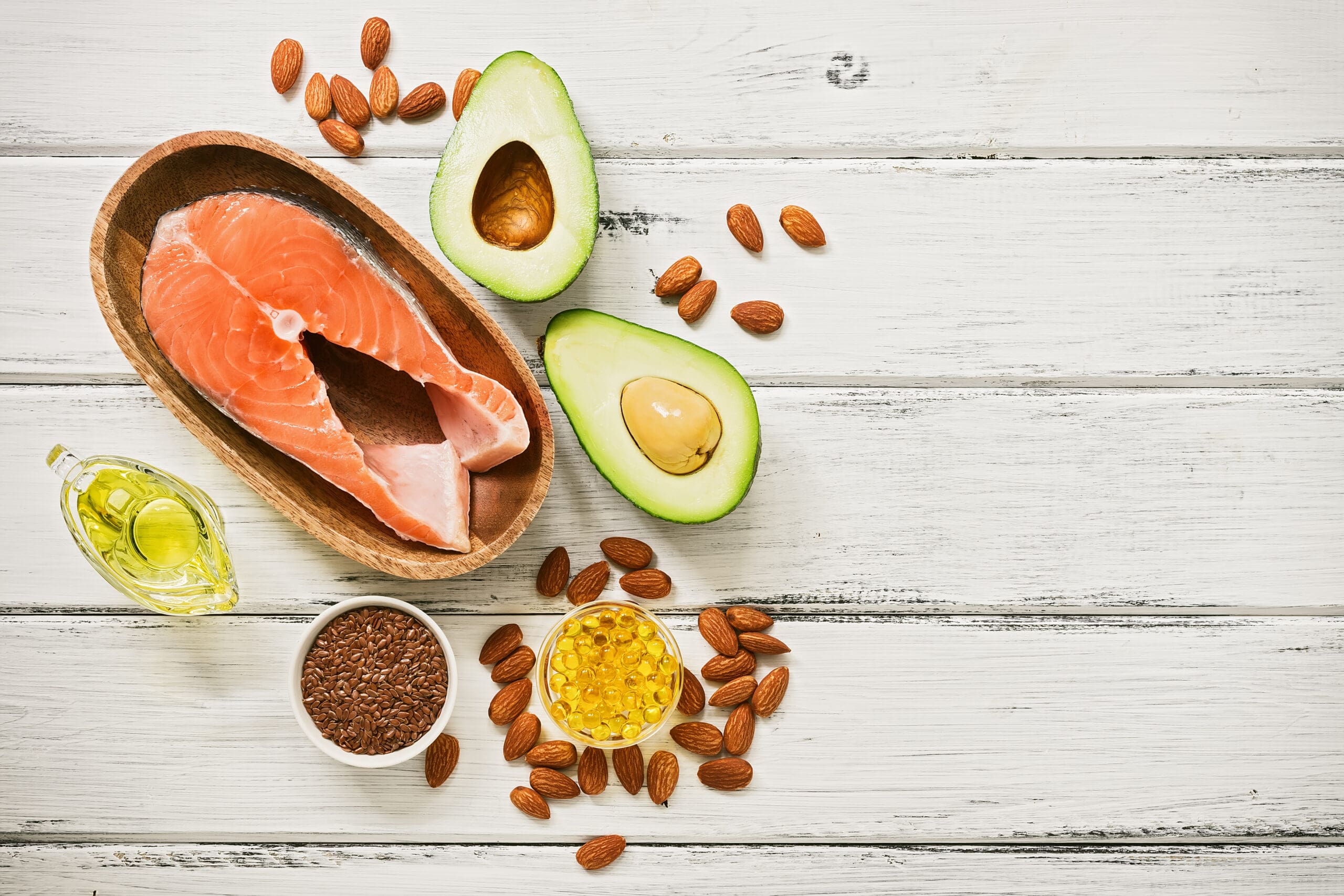
Not consuming enough fat
This is a very common scenario. As a society we have been incorrectly led to believe that eating fat will make us fat. Nearly everyone who wants to lose weight wants to lose it as quickly as possible; therefore these people think they are being extra good by restricting their carbs as well as restricting fat. They believe it will help them lose weight twice as fast. Sadly this is not the case.
These people usually end up feeling tired, hungry and miserable. Your body’s two preferred fuel sources are fat and glucose; if you deprive it of both; you will be tired and hungry and probably won’t last long on a diet.
It is vital to consume adequate fat because it will leave you feeling full and satisfied. Eating some fat is the best way to stop craving sugar. Fat also makes food taste amazing and you need to enjoy your meals if you have any hope of sticking to an eating plan.
Fat is also a building block for many of the body’s hormones, plus it maintains the health of your skin, hair and joints. Healthy fats to include in your diet are extra virgin olive oil, avocados, oily fish like salmon, trout and sardines, chia seeds, ground flaxseeds and all raw nuts and seeds (except peanuts which are really a legume).
Organic coconut oil is extremely healthy for your immune system and digestive system and it really eliminates sugar cravings if you regularly include it in your diet.
Macadamia nut oil and avocado oil are also very good for your health because they are high in monounsaturated fat.
You can also eat fattier cuts of meat like a leg of lamb, lamb shanks and osso bucco but ideally this would be from grass fed meat. If the animal you eat ate grass, its fat is relatively high in omega 3 fats, compared to grain fed meat.
So please don’t be scared of eating fat; you won’t lose weight any faster if you cut out all fat; instead you’re more likely to binge on carbs and sugar as compensation.
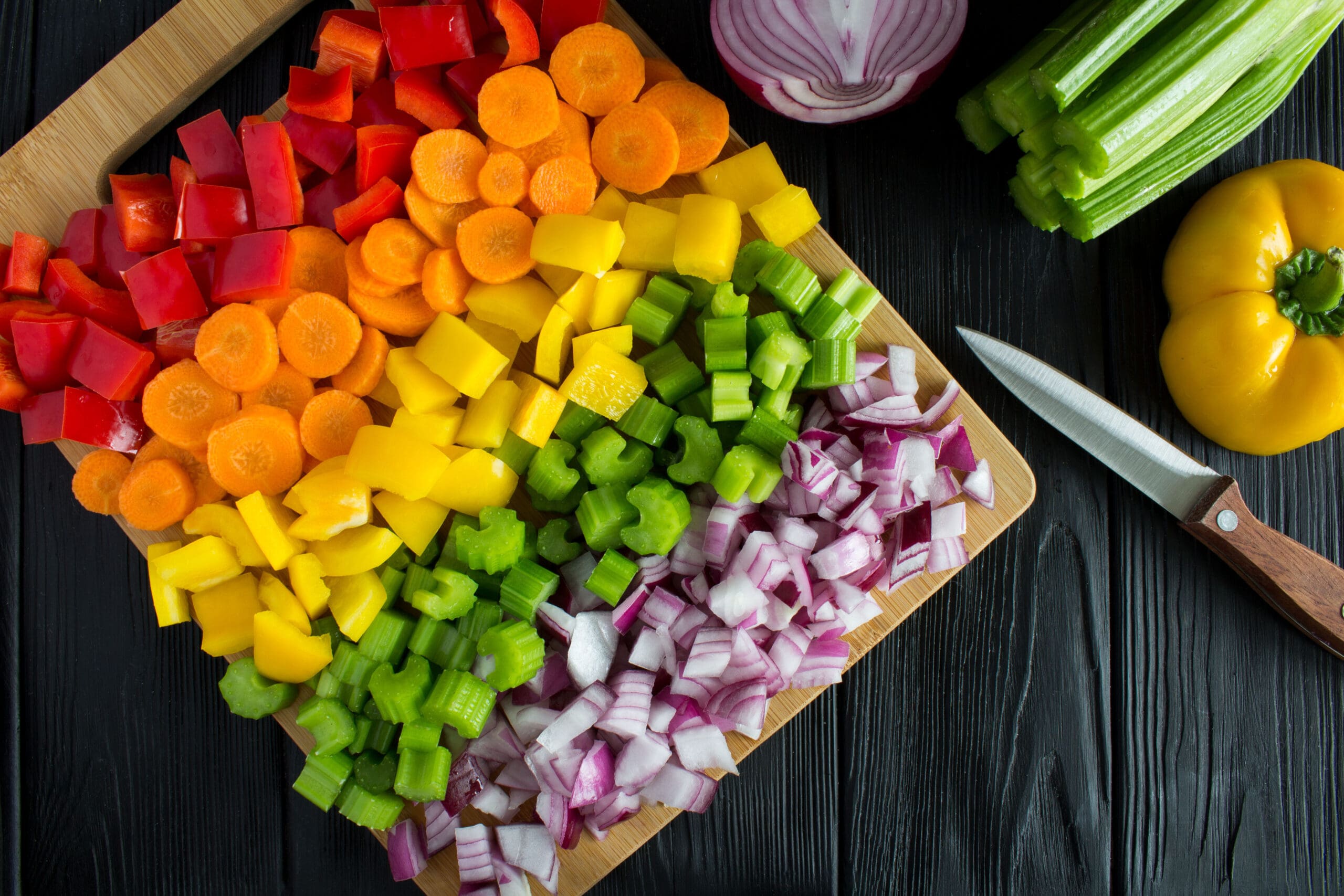
Not enough vegetables
Vegetables are good for you for dozens of reasons; people who don’t eat vegetables are at greater risk of just about every disease, particularly cancer, heart disease and Alzheimer’s disease. Vegetables are also a valuable source of fibre, and if you’re not eating grains and cereals, you’ll be relying on vegetables for fibre.
If you eat eggs for breakfast, please have some vegetables with them. I usually cook extra vegetables for dinner and save some to have with eggs the next morning. It makes things faster and easier in the mornings.
When you eat a salad, please try to use a wide variety of different vegetables. Most people stick to the same few vegetables every day. That can get boring and it also means you are restricting your intake of nutrients.
How about consuming vegetables you may never have tried or don’t eat regularly, such as fennel, kohl rabi, endive, chicory, beetroot, bitter melon, sugar snap peas, etcetera. Fresh herbs are also delicious in salads, such as basil, dill, coriander or watercress.
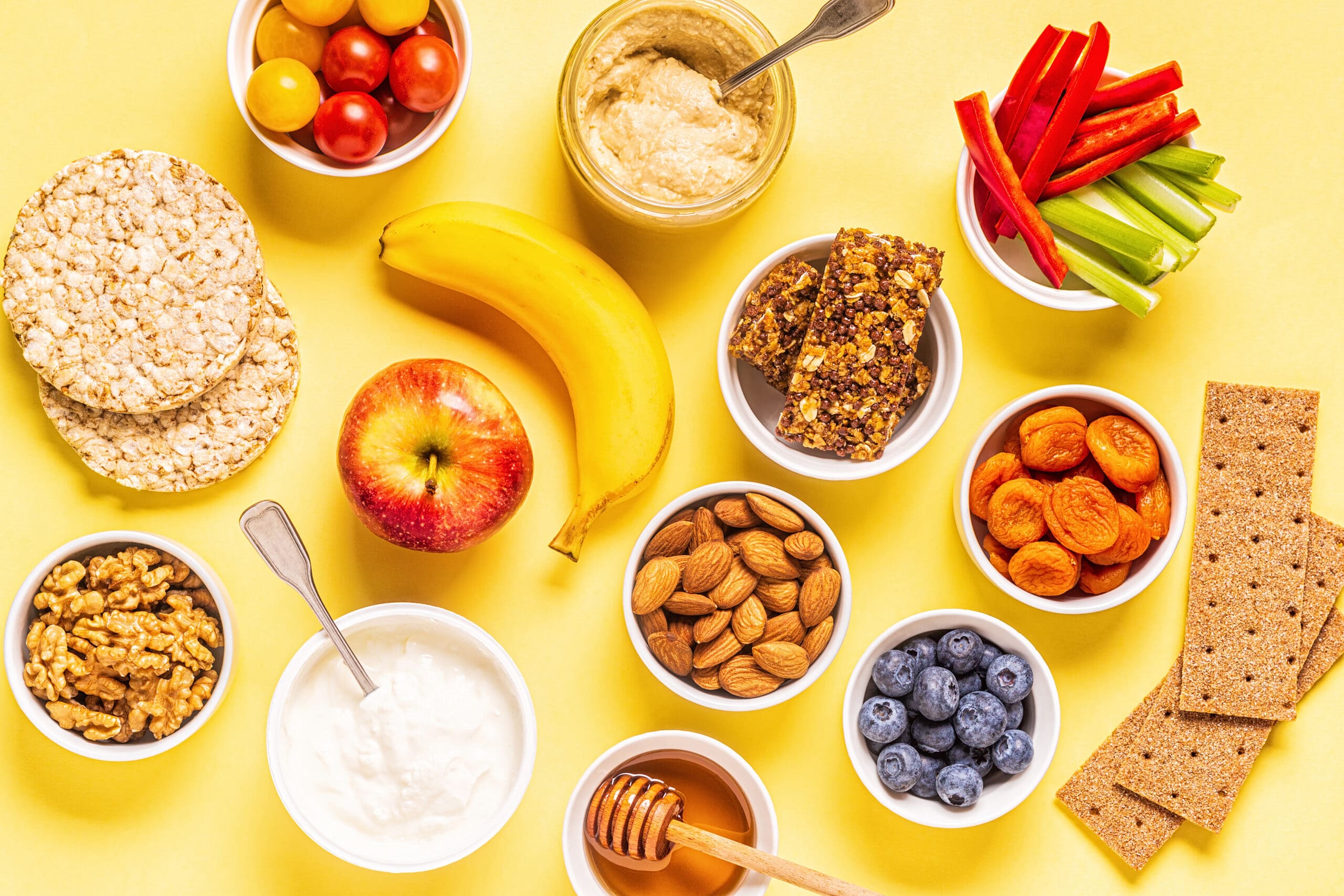
Eating too often/too much food
A lot of my patients ask me about snacks. What kind of foods they are allowed to snack on and how many snacks they should have each day. I usually recommend my patients do not snack.
If you are eating 3 dinner-type meals per day (protein with vegetables), you are probably not going to be hungry enough to need to snack.
Don’t snack just because the clock tells you to, or you want a break from your day. Please only snack if you are feeling genuinely hungry.
It is normal to have the occasional hungry day; those days when you feel more hungry than usual and want to eat a lot more. Maybe you feel hungrier because you didn’t sleep well, or you have a cold or there has been a cold snap in the weather, or you are premenstrual.
It is fine to eat more and to snack on days like that, but you should not need to snack every day, and please don’t snack just to have a mental break or some entertainment in your mouth.
Despite following all these guidelines, I know that sticking to a healthy eating plan long term can be tough; particularly if you have a substantial amount of weight to lose. Sometimes a craving can feel overwhelming, and it can be difficult if you’re surrounded by people who eat sugar and carbohydrate rich foods.
These are some general guidelines, but of course it is possible that a health problem or hormonal problem is preventing you from achieving weight loss results, and I recommend you seek the advice of a health care practitioner for personalised help in that instance.
If you’d like to experience the health benefits of a low carb diet, including weight loss, improved energy, mood and sleep, Dr Cabot’s 15 Day Cleanse comes with a delicious, easy to follow meal plan and recipes. The cleanse will help improve the health of your gut, liver and immune system.
To learn more about this cleanse program, you can visit drcabotcleanse.com


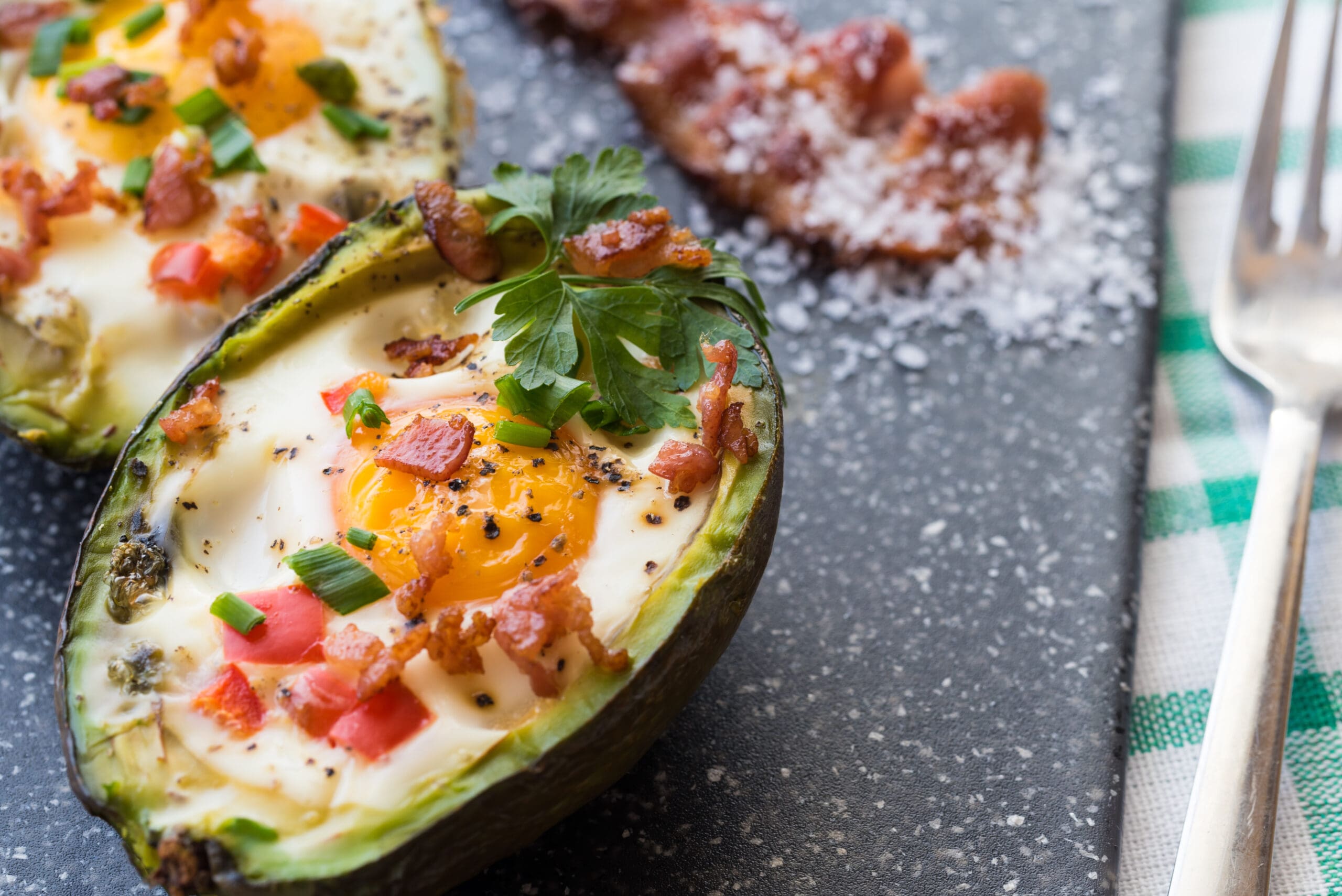
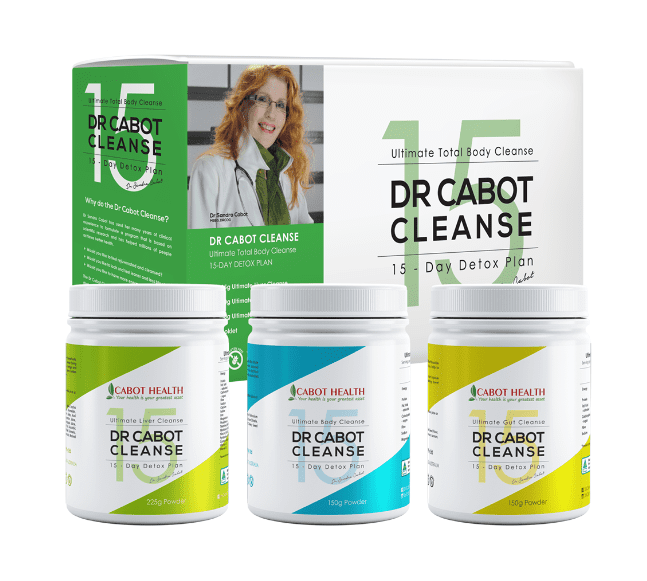
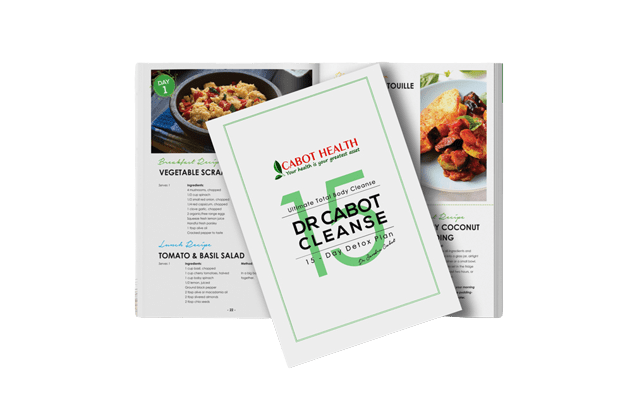

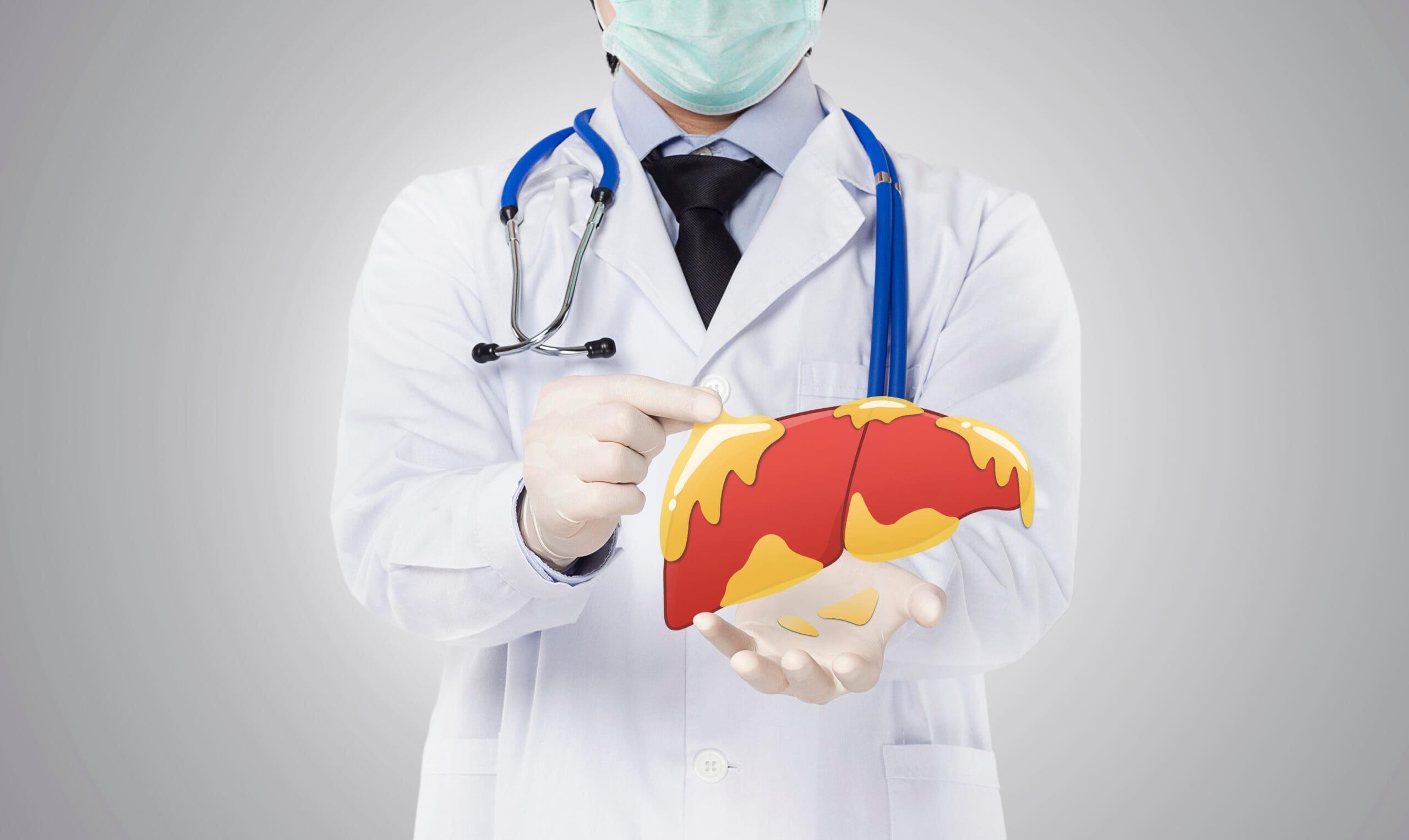
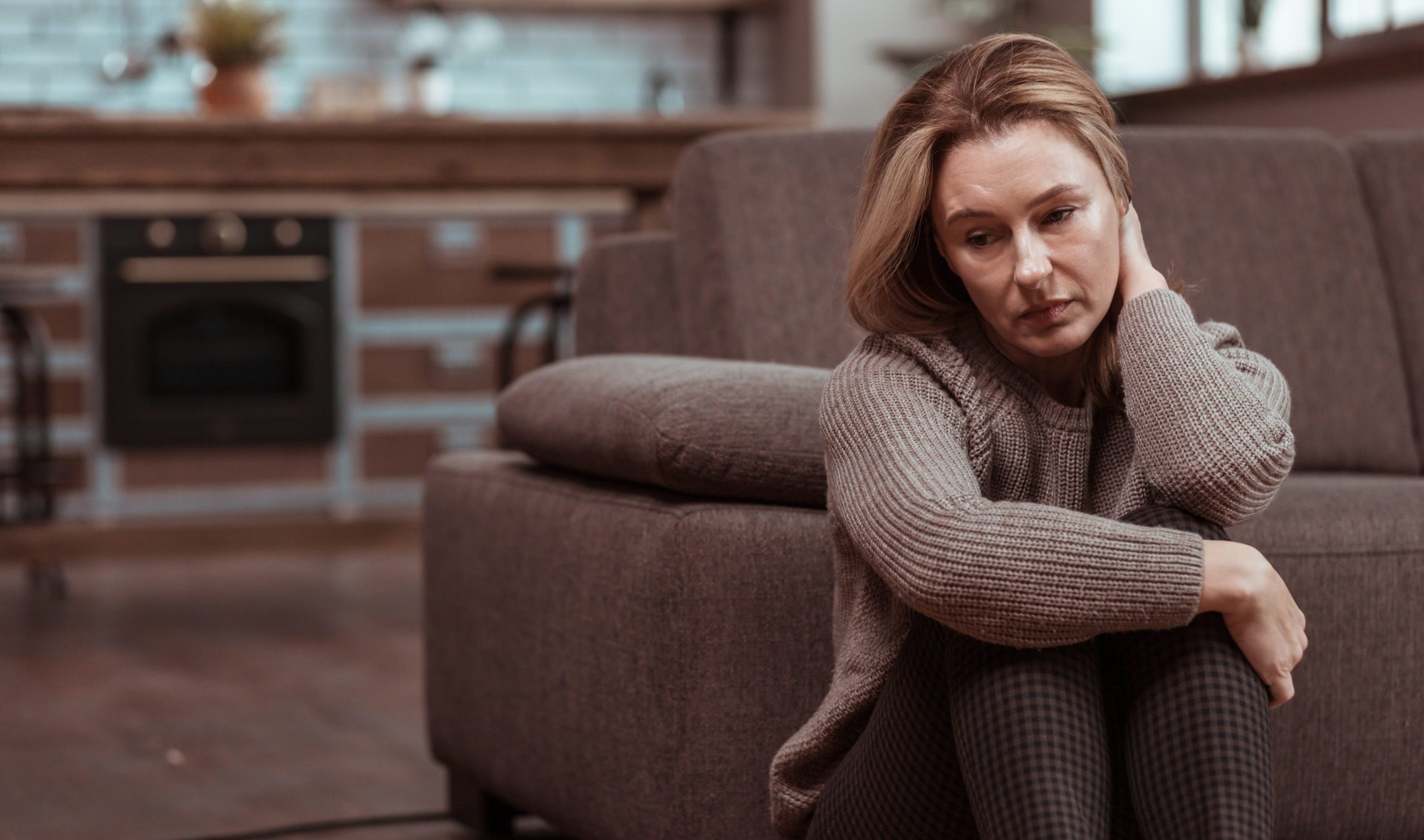
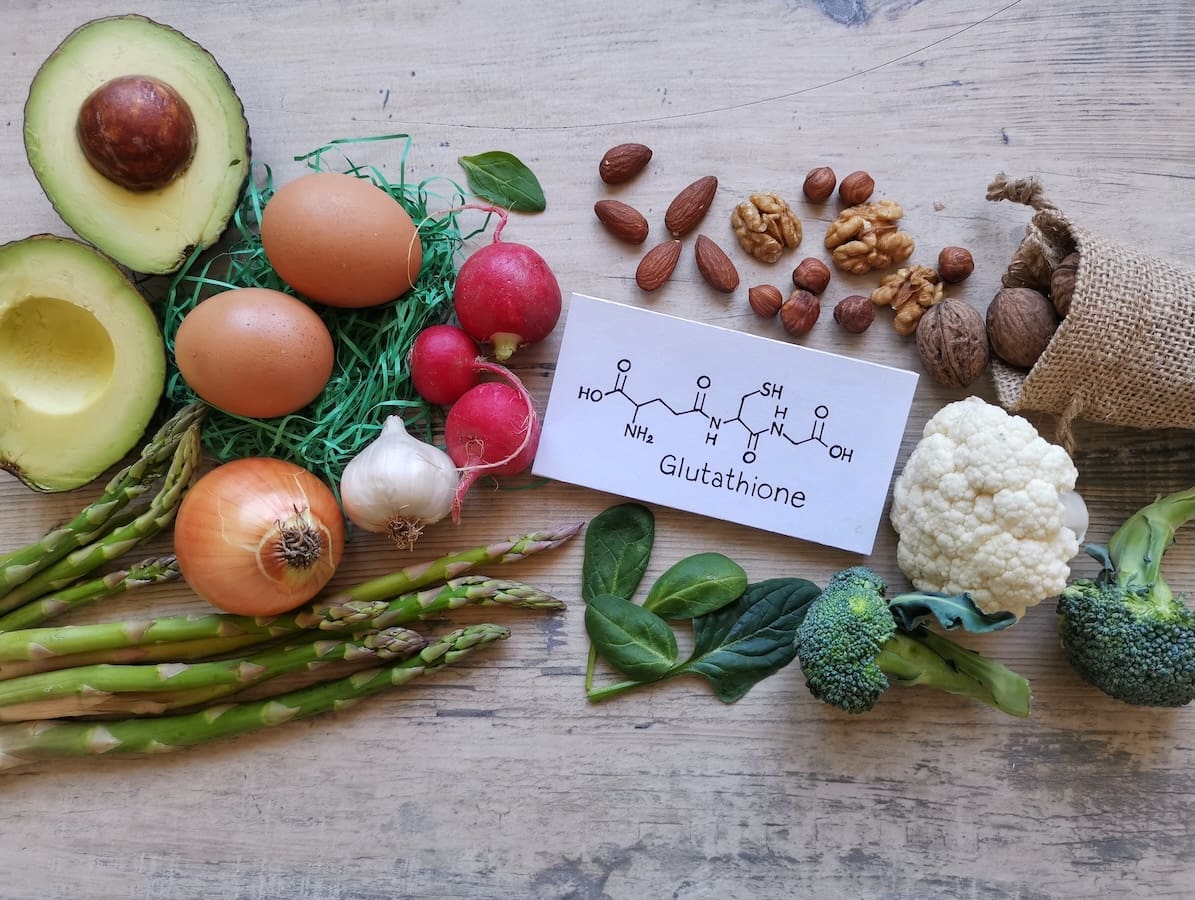

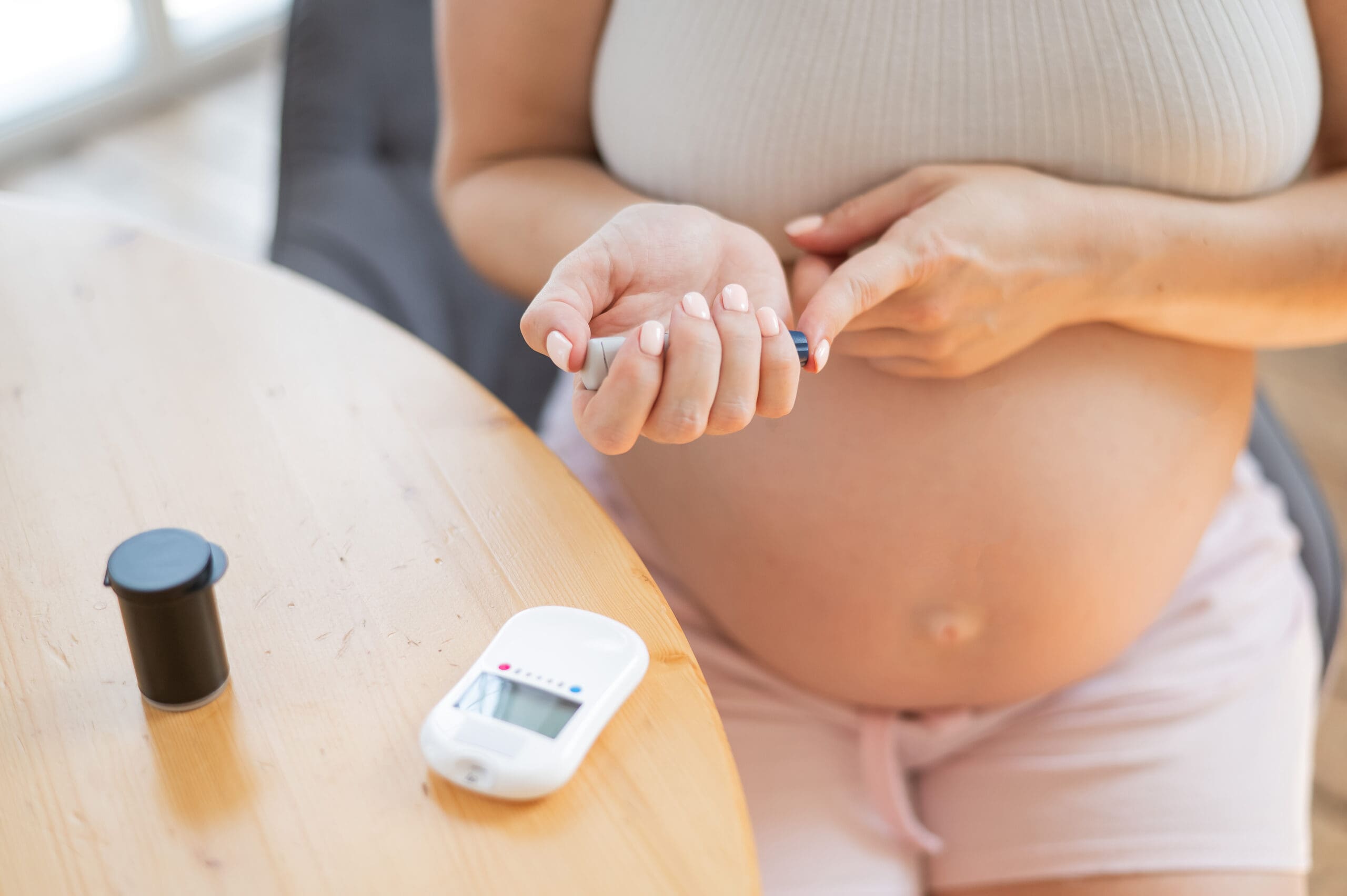
Leave A Comment